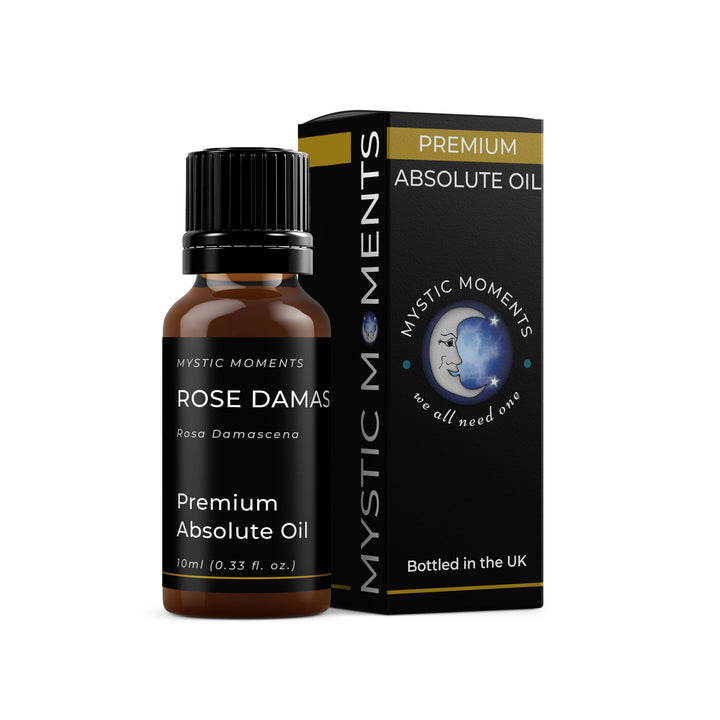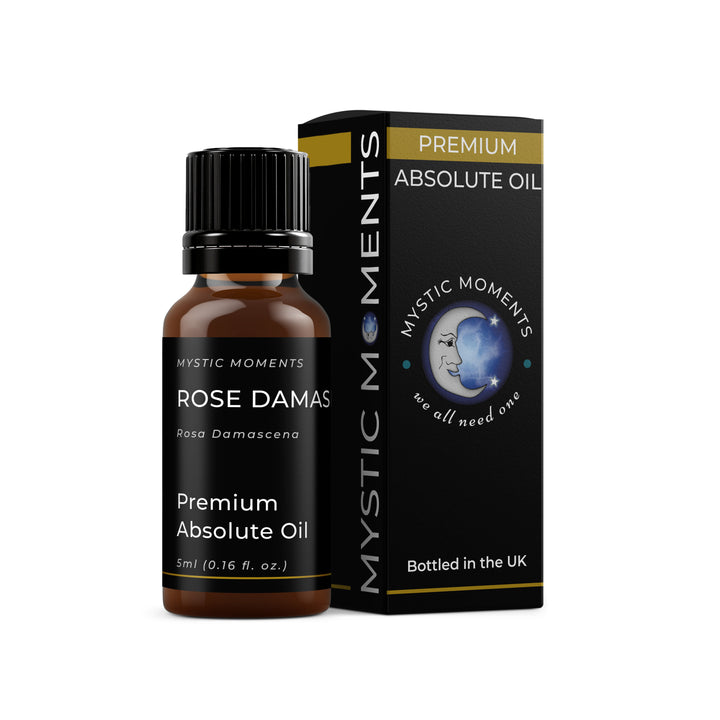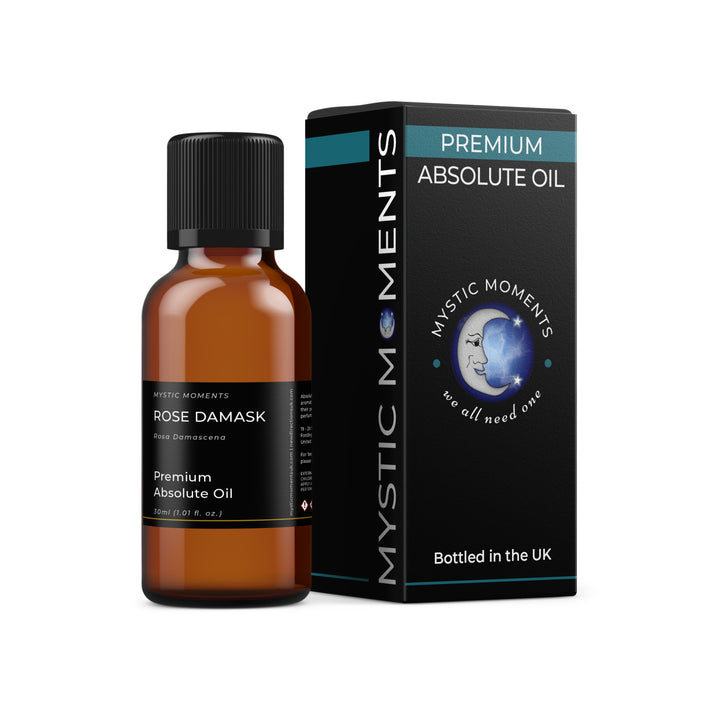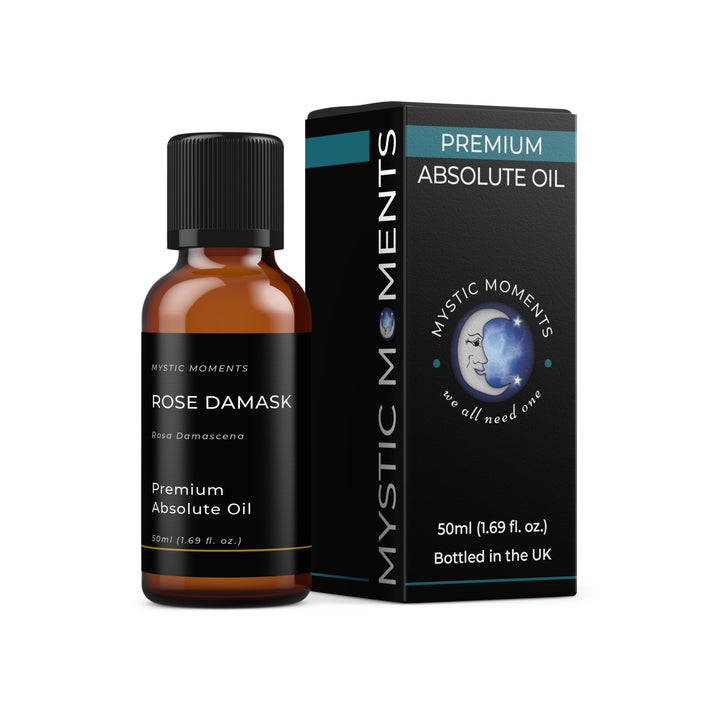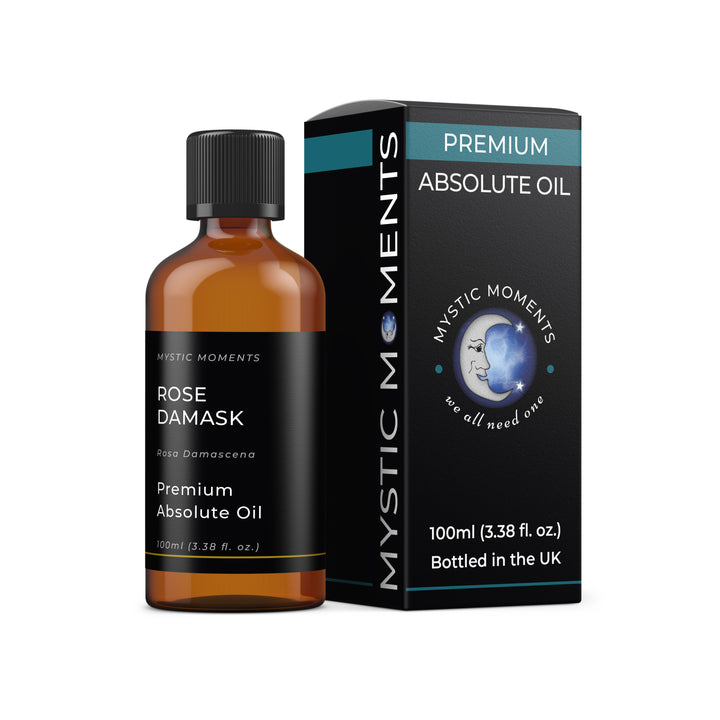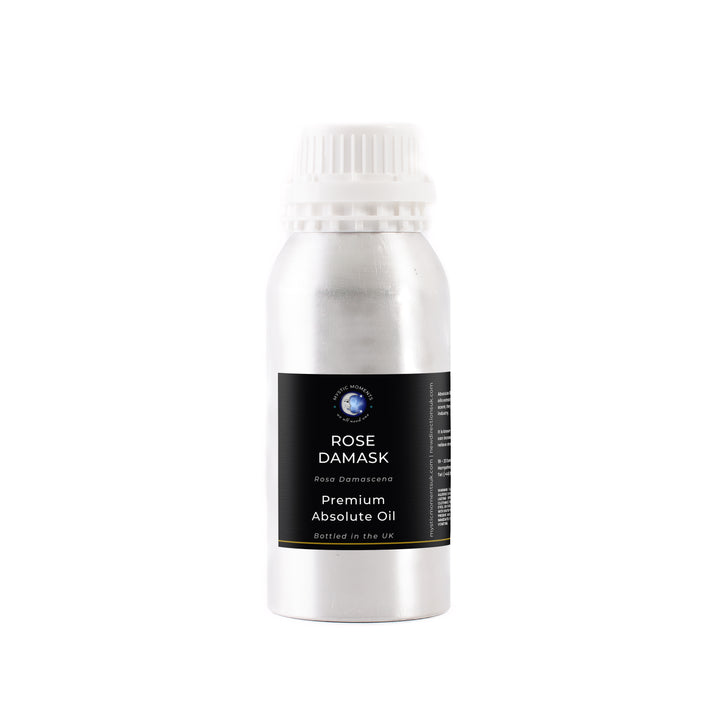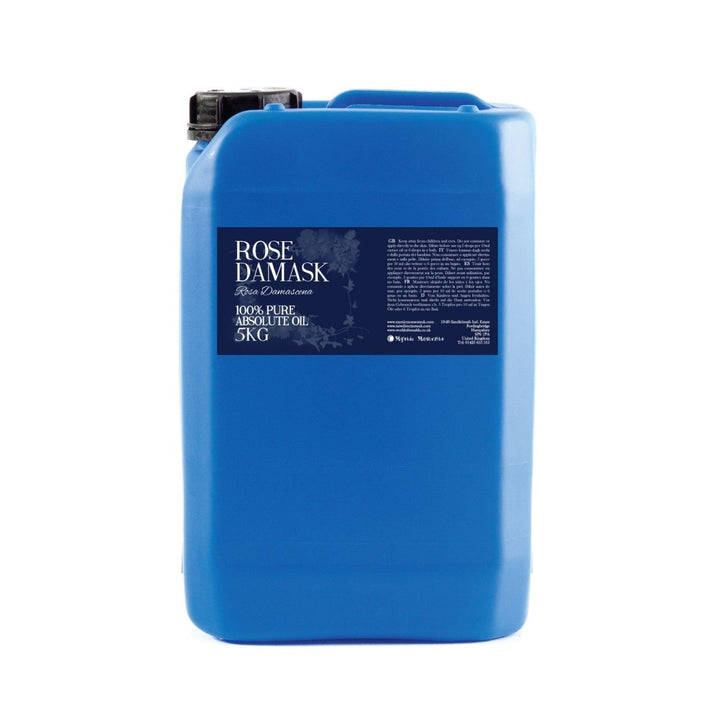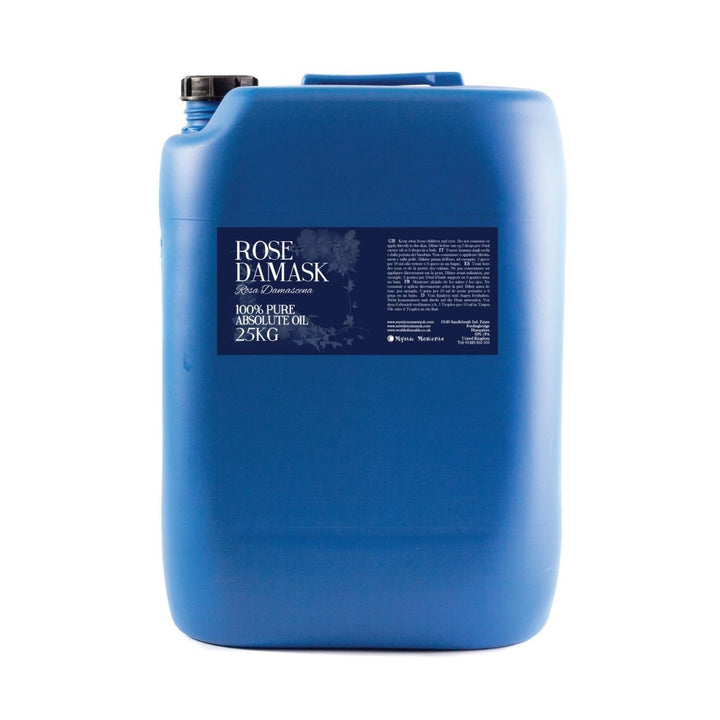You may also like
Recently viewed
| Botanical Name | Rosa Damascena |
| Plant Part | Flower |
| Extraction Method | Food Grade Solvent |
| Origin | Turkey |
| Colour | Deep Redish Orange |
| Common Uses | Rose is a very common oil in the perfume and aromatic industry. Aromatherapists also credit it with being an exotic aphrodisiac, as an emollient in skin care products, and as a balancer of the spirit. |
| Consistency | Viscous |
| Note | Medium to Top |
| Strength of Aroma | Penetrating and Long Lasting |
| Blends with | Rose Damask generally blends well with all oils, though it works particularly well with bergamot, German and Roman chamomile, clarysage, geranium, melissa, rosewood, sandalwood, and Ylang Ylang. |
| Aromatic Description | Rose Damask is a very complex, sweet floral scent. Its reputation of being a must ingredient in perfumes is well deserved. |
| History | Approximately 4000 kilograms of petals are required to produce 1 kilogram of pure rose oil. It's exotic nature and value were appreciated in ancient times by the Greeks, Chinese, Indians, Persians and Romans. All documentation indicates that their medical applications of the essential oil were identical to those that exist today. |
The information provided is for educational purposes only
It is important to note that all absolutes are extremely concentrated by nature. They should not be evaluated in this state unless you are accustomed to the undiluted fragrance. For those trying Absolutes for the first time, we strongly recommend they be evaluated in dilution. Otherwise, the complexity of the fragrance - particularly the rare and exotic notes - become lost.


